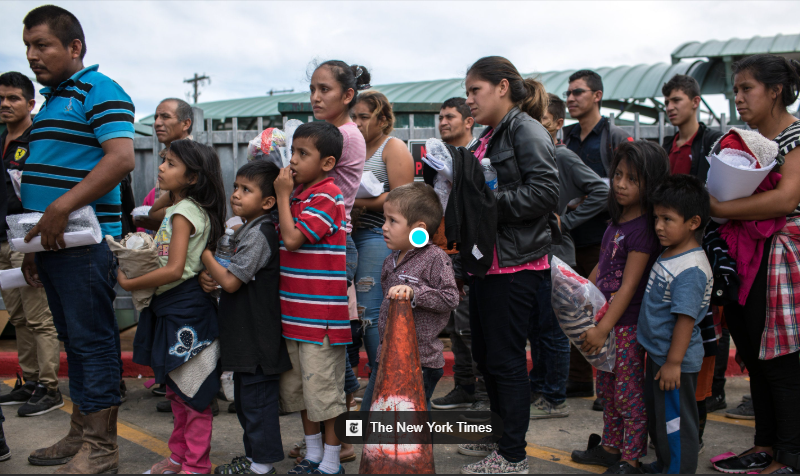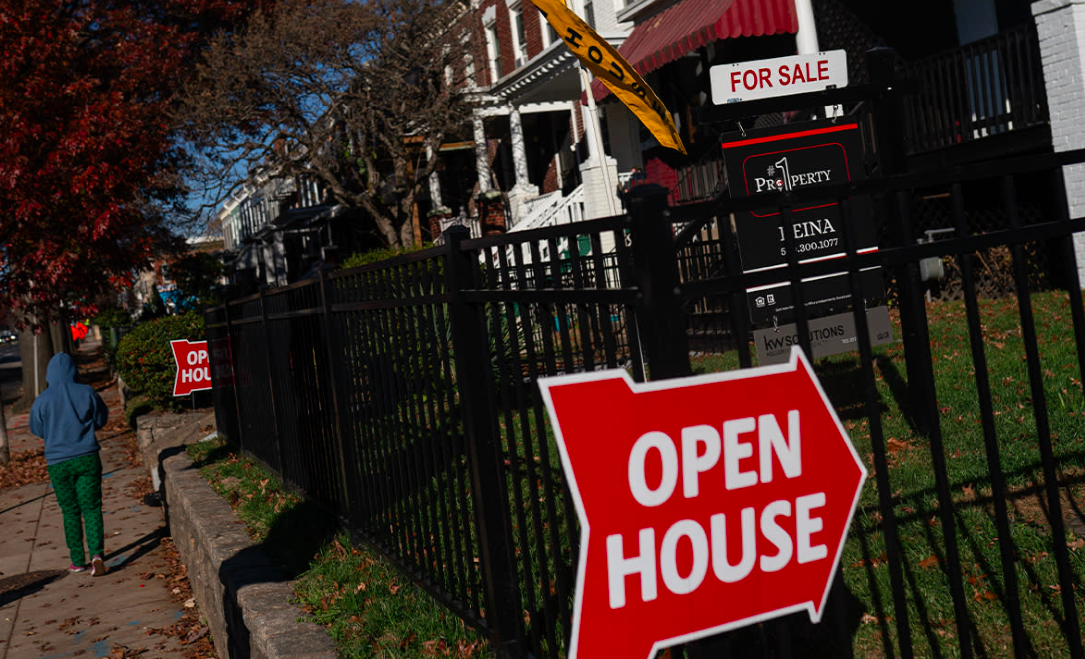HHS Bans Illegal Immigrants From Accessing Benefits in Major Policy Shift
In a major move applauded by conservative lawmakers and American taxpayers alike, the U.S. Department of Health and Human Services (HHS) announced new rules that formally bar illegal immigrants from accessing a wide range of federally funded benefit programs. The policy, finalized within the last 30 days, reinforces long-standing federal laws and clarifies eligibility boundaries to prevent taxpayer resources from being used to support individuals residing in the country unlawfully.
The rule stems from the Personal Responsibility and Work Opportunity Reconciliation Act (PRWORA) of 1996, which Congress passed under President Bill Clinton, designating “qualified aliens” as the only non-citizens eligible for most federal benefits. HHS Secretary Xavier Becerra, who has faced scrutiny for perceived leniency toward illegal immigrants, has now reversed course and reaffirmed the law’s original intent—benefits like Medicaid, CHIP, and TANF will no longer be accessible to those residing in the country illegally.
The HHS statement declared unequivocally that the agency “will no longer provide access to taxpayer-funded programs to individuals who are not legally present in the United States.” The agency’s clarification of eligibility is a critical component of implementing the Trump-backed “Big Beautiful Bill,” a sweeping measure that aims to secure the border, tighten eligibility standards for benefits, and return America’s welfare programs to their original intent—helping citizens and legal residents.
Fact Sheet: President Donald J. Trump Ends Taxpayer Subsidization of Open Borders
Illegal immigration has long placed a heavy financial burden on the U.S. taxpayer. A recent study cited by Fox News found that the annual cost of providing benefits, education, healthcare, and other services to illegal immigrants exceeds $150 billion. Despite efforts by the Biden administration to present a softer, humanitarian image, the growing outrage among Americans over unchecked border crossings and the visible strain on public resources has become politically untenable.
Christian conservatives have responded favorably to the move, noting that Scripture calls for stewardship, justice, and the rule of law. “As believers, we’re called to help the needy,” said a Texas pastor during an interview on Finish the Race Media, “but enabling lawbreaking and draining resources intended for our fellow citizens isn’t biblical compassion—it’s injustice.”
Many states have already expressed readiness to follow suit. Florida Governor Ron DeSantis issued a statement applauding the HHS decision, noting that Florida has led the way in preventing illegal immigrants from accessing state-funded healthcare. “This decision aligns federal policy with common sense and fairness,” said DeSantis. “We should not reward illegal behavior while veterans and working families are forced to wait for care.”
The new HHS rule also establishes clearer guidelines for states, which have sometimes operated in gray areas to extend certain programs to illegal aliens under ambiguous federal interpretations. By solidifying PRWORA’s restrictions, the federal government is signaling that state-level workarounds will no longer be tolerated. The policy reasserts the constitutional principle that the federal government—not activist governors or city councils—sets immigration and eligibility policy for national benefit programs.
Opposition, of course, has emerged from left-leaning immigration activists and Democratic lawmakers, who argue the change is “cruel” and “xenophobic.” However, these accusations fall flat against the backdrop of overwhelming public frustration with the broken border system and rising national debt. According to a recent Rasmussen poll, 62% of likely voters believe illegal immigrants should not have access to Medicaid or other federal assistance programs.
From a legal standpoint, experts say the new rule simply enforces existing law. “There’s no constitutional right to Medicaid or SNAP for people who entered this country illegally,” said Andrew Arthur of the Center for Immigration Studies. “This is not only good policy; it’s good governance.”
Trump’s influence is widely seen in the policy’s rollout. His administration previously proposed similar regulations and continually emphasized that immigration and benefits must be treated as two separate issues: “If you want to come here, come legally—and don’t expect to be subsidized by American families,” Trump said in a 2020 rally. With his “Big Beautiful Bill” now advancing under Republican leadership in Congress, the ban on benefits for illegals marks one of the clearest victories yet for the America First agenda in 2025.
The new regulation also sends a message to foreign nationals considering unlawful entry: America is no longer a welfare haven. By removing the incentive of free benefits, the administration hopes to stem the tide of illegal crossings that has plagued the southern border for years. Border Patrol agents encountered more than 1.8 million illegal migrants in 2024 alone—a number that overwhelmed local communities and spurred bipartisan alarm in border states.
Conservative Christian groups view this decision as a step toward restoring national order and protecting the resources of the faithful. “This is not about cruelty; it’s about prioritizing righteousness and responsibility,” said Eric Thompson, a conservative media host. “The government should never ask hard-working Americans to finance lawbreaking.”
Ultimately, the HHS policy may serve as a litmus test for future immigration reform efforts. With states like Texas, Florida, and Tennessee echoing federal sentiment, the days of sanctuary-style leniency appear to be numbered. As illegal immigration remains a central concern heading into the 2026 midterms, the message from Washington is becoming clear: come legally, or not at all.
Keywords:
HHS, illegal immigrants, taxpayer benefits, Medicaid ban, Trump Big Beautiful Bill, PRWORA, border crisis, Christian conservatives, Xavier Becerra, immigration reform





